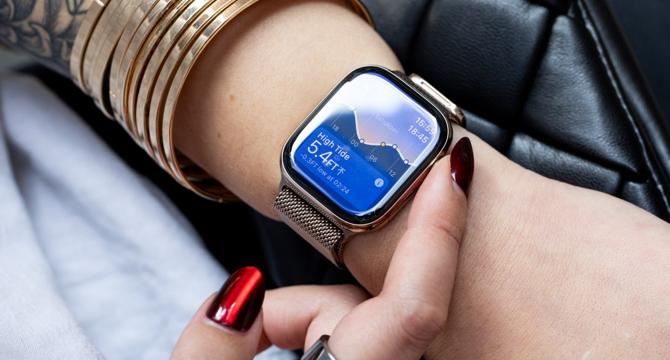The Verge
1M
270

Image Credit: The Verge
Opening iOS is good news for smartwatches
- The article discusses the impact of Apple opening up iOS interoperability for smartwatches, allowing third-party devices to send quick replies.
- In the past, smartwatches were categorized based on compatibility with iOS or Android, with Apple Watches being superior due to their seamless integration with Apple devices.
- The European Commission's order for Apple to allow third-party smartwatch makers to display and interact with iOS notifications is considered a positive development by many.
- While Apple argues that this decision hinders innovation, the smartwatch market has seen limited advancements in recent years, with companies sticking to familiar designs.
- The current lack of innovation in smartwatches has led to more interest in other wearable tech like smart rings and smart glasses.
- The article highlights the limitations of ecosystem lock-in, where users are often tied to a specific brand based on their phone's operating system.
- The move by the EU is seen as a positive step towards allowing consumers to choose the best smartwatch for their needs, regardless of their smartphone.
- While ecosystem convenience is valued, the article argues that true competition in the smartwatch market can lead to better products for consumers.
- Consumers should have the freedom to choose how they use products, as demonstrated by the example of Powerbeats Pro 2 offering more flexibility on Android compared to iOS.
- Overall, the article promotes the idea that opening iOS to third-party smartwatch makers can foster innovation and benefit consumers in selecting the most suitable device for their preferences.
Read Full Article
16 Likes
For uninterrupted reading, download the app